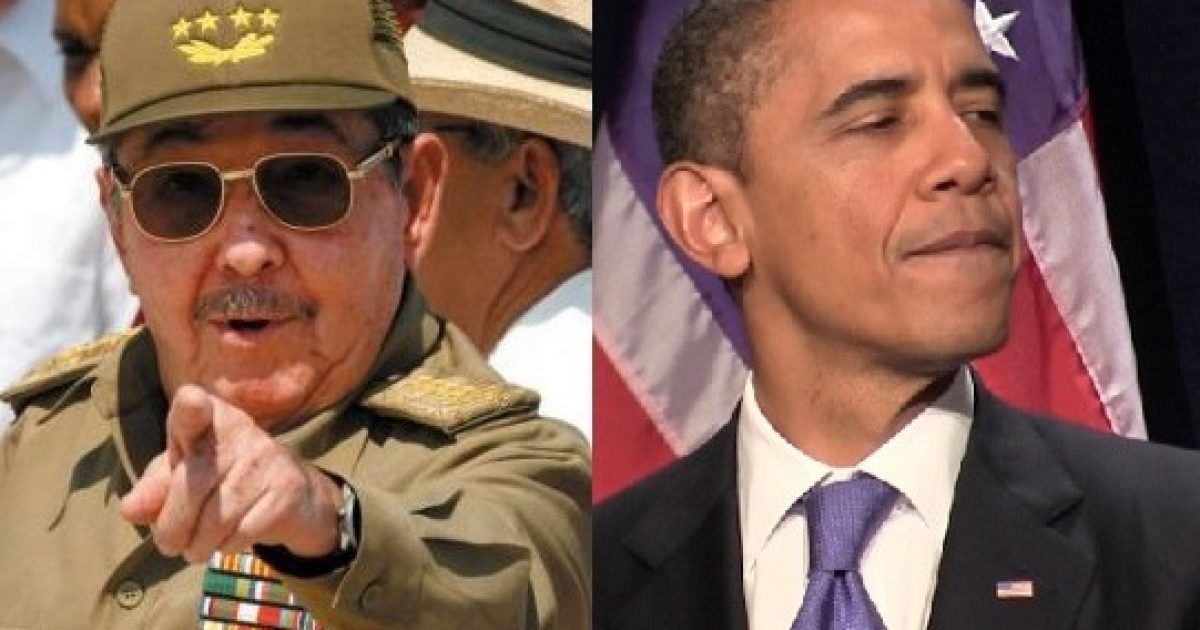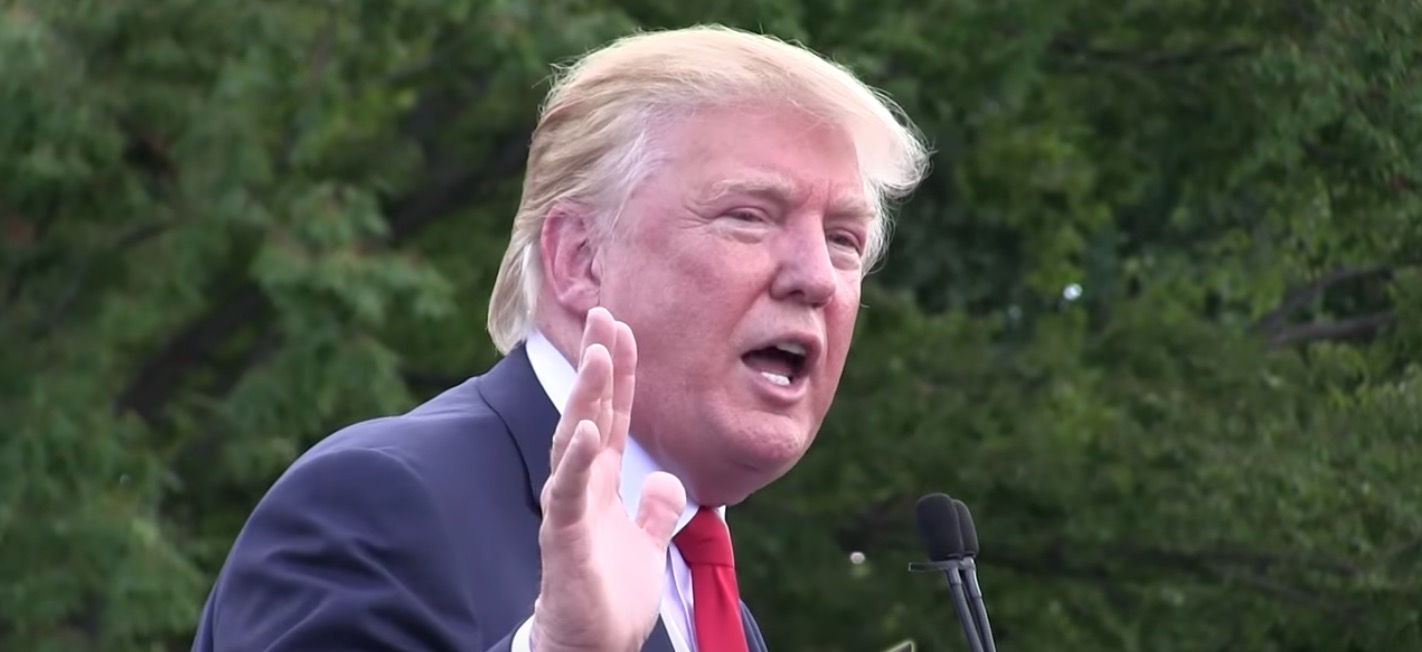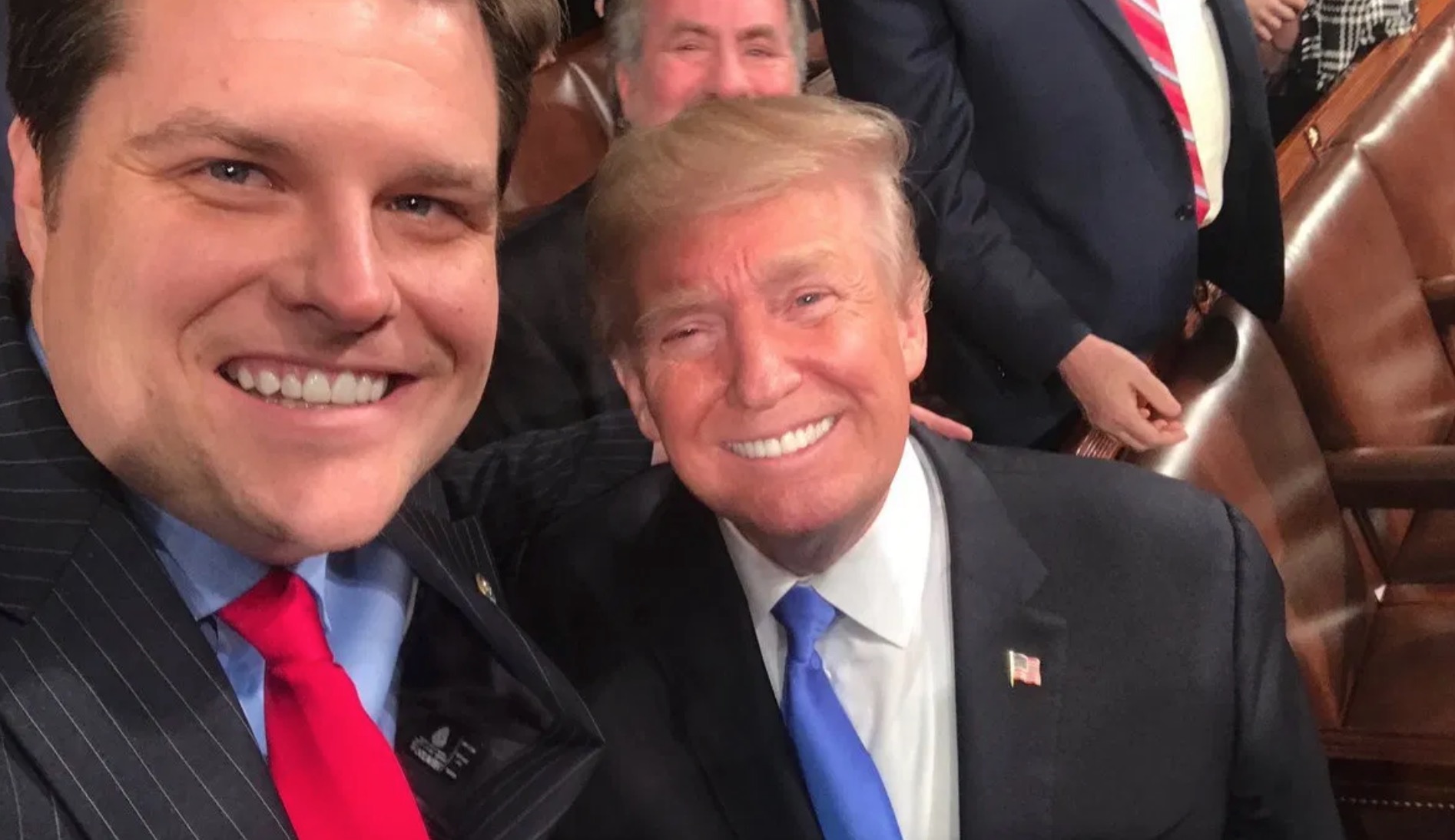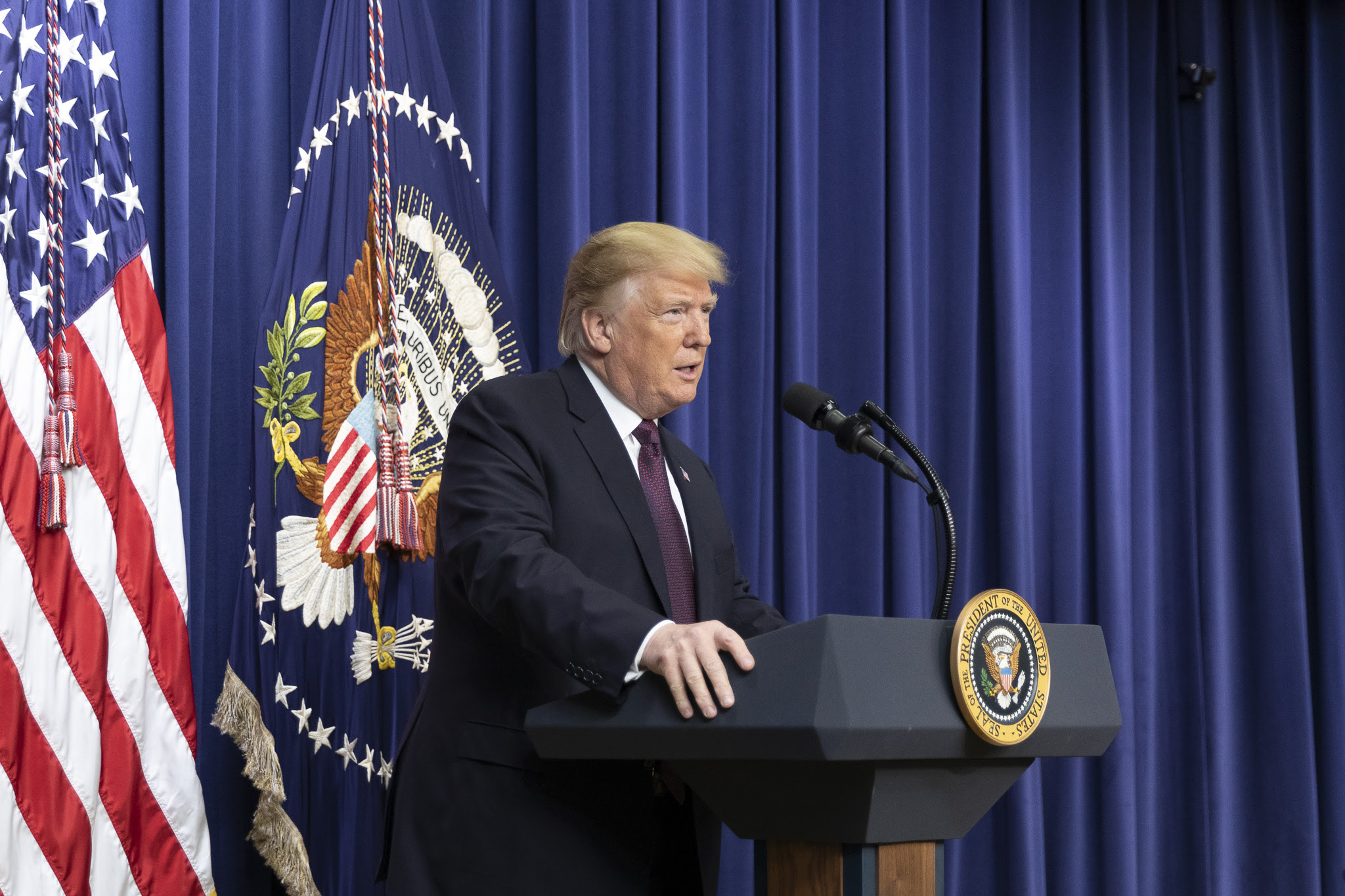Senator Marco Rubio is one of 73 percent of Hispanics who now favor President Obama’s normalization of foreign relations with the Communist country of Cuba.
Just kidding. Rubio has been the loudest voice of opposition to Obama’s recent submission to the Castro brothers.A recent Florida Atlantic University poll of 500 Hispanics, shows that “more than 73 percent favor diplomatic relations and 68 percent favor expanding trade.”
The survey has a margin of error of 4 percentage points, but according to the survey’s very own director of polling initiative, Monica Escaleras, the poll does not give a true representation of Hispanics true feelings regarding U.S.-Cuba relations.
Do you think the 2nd Amendment will be destroyed by the Biden Administration?(2)
 Even though the “survey was conducted nationwide and Escaleras, said it doesn’t have enough responses to assess how Hispanics living in Florida feel compared with the rest of the nation or to examine differences among Cuban-Americans, Mexican-Americans, Puerto Ricans and others.”
Even though the “survey was conducted nationwide and Escaleras, said it doesn’t have enough responses to assess how Hispanics living in Florida feel compared with the rest of the nation or to examine differences among Cuban-Americans, Mexican-Americans, Puerto Ricans and others.”
But what about all of those Colombian and Venezuelans living in Los Angeles, New York, and other parts of the country, who oppose the Cuban government’s support for leftist Gorillas like FARC, as well as their backing of the socialist and repressive government in Venezuela?
Were they also polls?Chances are that the bulk of “nationwide” Hispanics polled do not, nor have not had any “skin in the game” when it comes to what Fidel Castro has done to the Cuban people for over fifty years.
The poll does not indicate if those polled were not predominantly of Mexican or Puerto Rican descent, the two largest Hispanic groups in the U.S, whose demographics vote predominantly in favor of Democrat issues and candidates.
This new U.S.-Cuba policy is one of those Democrat issues.
Available breakdowns showed:
• On several questions, Hispanics in the South, which includes Florida, were generally more skeptical of the benefits of improving relations with Cuba than the nation as a whole.
In the South, 32 percent said lifting the U.S. embargo would lead to regime change in Cuba, 22 percent said it wouldn’t and 46 percent said it might. Nationwide, 37 percent said it would lead to regime change, 18 percent said it wouldn’t and 45 percent said it might.
In the South, 60 percent favored expanding trade with Cuba, 32 percent said trade should remain the same, and 8 percent said trade should be stopped. Nationwide, 68 percent favored expanding trade with Cuba, 27 percent said it should be kept the same, and 5 percent said it should be stopped.
• Republican Hispanics are much more likely to indicate a willingness to visit Cuba than Democrats. Among Republicans, 57 percent said they would visit the island; 39 percent of Democrats said they’d likely visit.
There’s also a regional difference on willingness to travel to Cuba. Among Hispanics in southern states, 37 percent said they might visit Cuba, 43 percent said they wouldn’t and 21 percent weren’t sure. Nationwide, 49 percent said they’d be open to visiting Cuba, 28 percent said they wouldn’t, and 23 percent weren’t sure.
• Hispanics with lower incomes most likely to favor the embargo and those with the highest incomes are least likely to support it.
Among Hispanics earning more than $75,000, the embargo is opposed by 68 percent. For people earning $25,000 to $75,000, 42 percent oppose the embargo. Among those with incomes less than $25,000, just 24 percent oppose the embargo.

















